| Laura Brooke Robson is the author of Girls at the Edge of the World, which tells the story of two girls--one determined to survive, and the other set on revenge--in a world destined for a vast flood. Her second novel, The Sea Knows My Name, was released last month. We love her layered characters, stunning, thoughtful plot, and luminous worldbuilding, so it was an absolute pleasure to interview her for today's feature! Rapunzel Reads: One of our favorite things about Girls at the Edge of the World is its complex, compelling characters and distinct narrative(s). What's your process for creating characters? Which is your favorite, and why? Laura Brooke Robson: I used to be devoted to character forms. You know--the ones where you fill out the character's birthday, pet peeves, and favorite color? I wasn't good at these forms. I'd answer pages of questions, but when I started writing, the characters would still feel flat. Nowadays, I try to define characters in terms of the other characters. So, instead of conceptualizing Natasha in a vacuum, I tried to explore her identity | Author photo credit: Aidan Biggar |
(And my favorite character from GATEOTW is probably Sofie. In TSKMN, Wes!)
RR: Girls at the Edge of the World is more philosophical than most fantasy novels (perhaps most strikingly exemplified by the unusual, but thoroughly satisfying and fitting, conclusion), and incorporates thought-provoking explorations of contemporary issues without ever losing the feel of a fantasy novel. What are your thoughts on creating such multilayered stories?
LBR: Oh, I'm so glad you thought so! I rewrote the final act... seven times? Eight? In various incarnations, Natasha and Ella murdered Gospodin, overthrew the government, and incited a revolution. I think fantasy readers (myself included) expect these sorts of endings, so it can feel unsatisfying if evil is just allowed to keep existing. But Girls at the Edge of the World was supposed to be a book about how empathy and love could guide girls to salvation. After writing all those scrapped endings, I realized I still equated physical strength with emotional fulfillment. So I took a risk. I wrote an ending that I knew would disappoint some readers, hoping that it would really resonate with others.
I like to think of fantasy as a sneaky way to make the metaphorical concrete. In Girls at the Edge of the World, I made the floods fantastical and imminent so I could talk about real-life flood myths and climate anxiety. That's why fantasy interests me; political and war narratives, not so much. Still, making the ending about the characters rather than the government felt like swimming upstream. I was afraid readers would think it was too small, or that it was some sort of tacit approval of corruption. On the other hand, it can be exhausting to see justice meted neatly in books while it feels so hard to come by in real life. I wanted an ending that was satisfying, authentic, and hopeful.
I guess the balance I'm always looking for when writing fantasy is this: How can I leverage all the wonderful possibilities of the genre without getting caught up in conventions established by a bunch of white men in the 1950s?
RR: What was your inspiration for Girls at the Edge of the World?
LBR: Personal angst?
I was free-writing in a journal and scribbled two pages about a girl named Ella walking along a canal. I knew: Someone named Cassia had just died, there was a statue hung with silks in front of a palace, and Ella had a mermaid tattoo on her wrist. She asked a fisherman where to find someone named Adelaida. The fisherman
| saw her wrist and knew she was bad luck. In retrospect, it sounds like a lot. But it took me years to figure out what all the pieces would mean. Here's a picture of the original journal entry! I think it's funny that I wrote so many versions of this book--like, 100,000-word documents that got scrapped entirely--but this little snippet stayed mostly the same. RR: Girls at the Edge of the World is a standout partially due to its detailed, atmospheric worldbuilding, in terms of both literal setting and also culture, | Credit: Laura Brooke Robson |
LBR: I'm so glad you thought so! I did a lot of worldbuilding that never made it into the final book. In early drafts, my worldbuilding wasn't particularly focused. It's easy to waste time inventing, say, economic structures that don't have anything to do with the main character's lives.
I try to consider theme and mood before I spend too much time getting into the nitty-gritty of my world. If this were a cheerful romcom, maybe I would've written in a few more parks and bakeries. But since it's a book about religion, myth, and looming environmental disaster, I needed to understand the places that would inform those things: churches, harbors, boglands that feel wilder and older than the city.
RR: The flyers' training and performances are such a vibrant, unique aspect of the story---what inspired you to make aerial acrobatics such an integral part of your characters' culture and lives?
LBR: I wish I knew. I had never taken an aerial class before I started writing (though I have since and highly recommend it).
I did a lot of sports growing up. My closest friends were always teammates. I think I've always loved stories about tight-knit groups, and a team is nothing if not a tight-knit group.
RR: We read on your website that you often create syllabi for yourself as you're writing books to immerse yourself in the themes and issues your stories explore, an idea which we love! What's that process like? How does it influence your writing process?
LBR: Ha, yes! I love my syllabi. I saw an interview where an author said she never read because she didn't want to "contaminate" her own creative process. This is immensely confusing to me. I could not write if I wasn't reading at the same time.
I've also become a lot better about reading nonfiction. I used to think I didn't have to do research if I wasn't writing historical fiction, but I've since discovered that nonfiction is A) actually pretty great, and B) useful even if you're inventing a world.
RR: Do you have any tips for aspiring writers?
LBR: I was an obsessive consumer of author tips when I was querying agents. I figure all the normal stuff goes without saying--read a lot, write a lot, follow your passions down rabbit holes...
But something no one ever told me until after I'd already sold Girls at the Edge of the World was this: Think about theme. I think no one says this because it sounds stodgy and didactic. I also think a lot of us happen on our themes accidentally and only bother to define them in retrospect. But I think it's worth considering at every point in the process, even if all you're able to come up with is "I don't know my theme yet."
In my mind, Girls at the Edge of the World isn't really about aerial silks or floods. It's about the power of storytelling, our connection to the natural world, and the courage it takes to fall in love. That's not how I'd pitch the book, but that's how it sits in my heart. And when writing gets hard--when people dislike your book or ignore it entirely--you're not going to tell yourself you can keep going because the world needs a book about aerial silks. You're going to keep going because you're desperate to tell a story about courage and love.
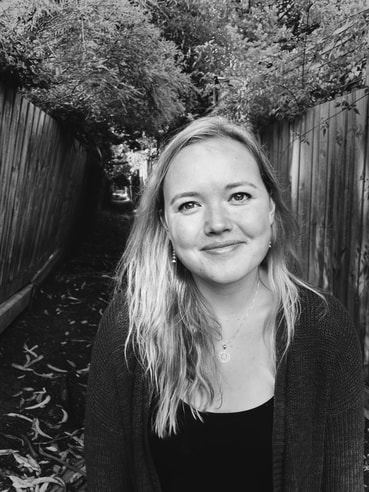
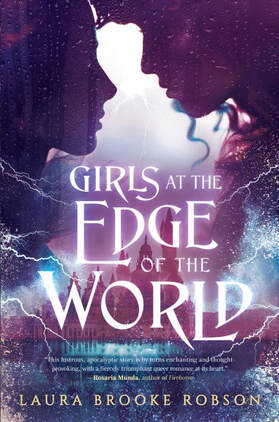
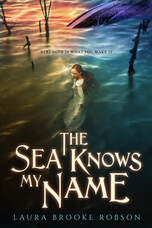
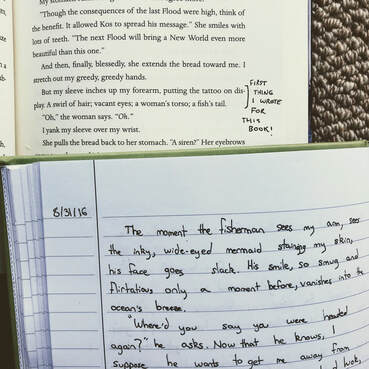
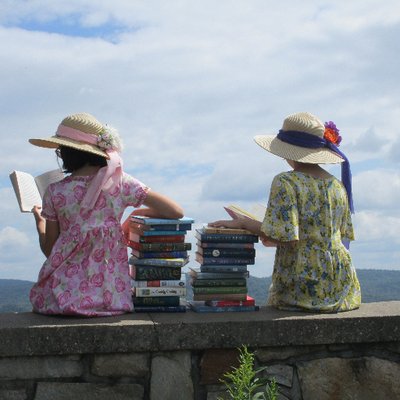


 RSS Feed
RSS Feed
